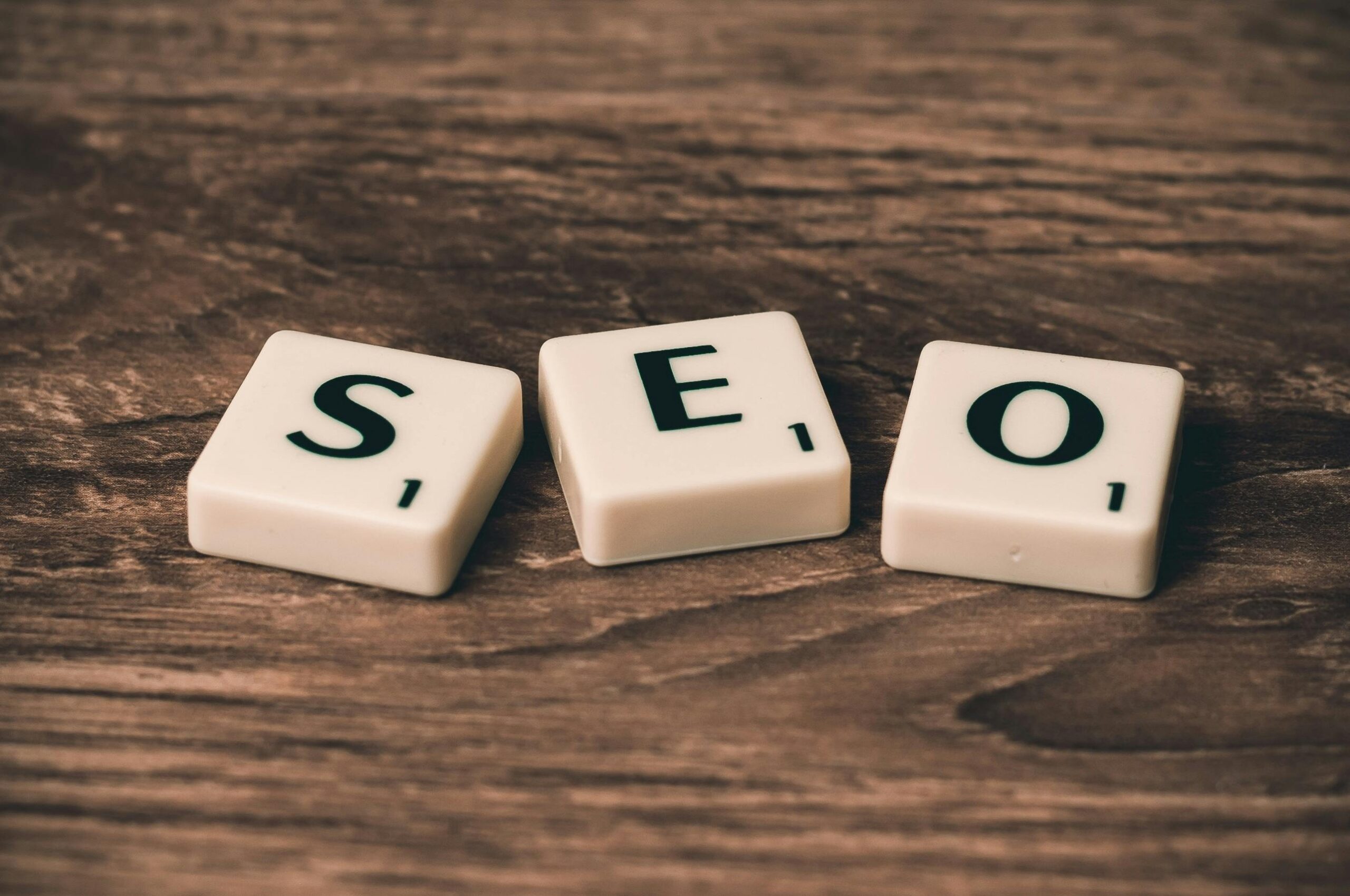In recent years, Artificial Intelligence (AI) has transformed from a futuristic concept to a tangible force that’s reshaping industries worldwide. From personal assistants like Siri and Alexa to autonomous vehicles and advanced healthcare solutions, AI is making its presence felt in nearly every sector. In this blog post, we’ll explore the role of AI in modern technology and its potential to revolutionize our future.
What is Artificial Intelligence?
Artificial Intelligence refers to the simulation of human intelligence in machines that are programmed to think, learn, and problem-solve. Unlike traditional software, which follows a set of predetermined rules, AI systems can adapt and evolve over time, improving their performance with experience. This ability to learn and make decisions based on data makes AI incredibly powerful and versatile.
AI in Everyday Life
Most of us interact with AI more often than we realize. Virtual assistants, such as Siri, Google Assistant, and Alexa, are powered by AI and help us with tasks like setting reminders, playing music, and answering questions. Social media platforms like Facebook and Instagram use AI algorithms to personalize your feed, showing you content based on your preferences and engagement patterns.
In addition to these consumer-facing applications, AI is also revolutionizing industries such as healthcare, finance, and manufacturing.
AI in Healthcare
AI is proving to be a game-changer in healthcare, where it is used for everything from diagnosing diseases to developing new treatments. Machine learning algorithms can analyze medical images and data, helping doctors detect conditions like cancer or heart disease more accurately and at earlier stages. AI-powered tools are also being used in drug discovery, enabling faster and more cost-effective development of new medications.
AI in Finance
In the finance industry, AI is used for fraud detection, risk assessment, and investment strategies. Banks and financial institutions are adopting AI to analyze vast amounts of financial data and predict market trends, which helps them make smarter decisions and improve customer experiences. For example, AI can detect unusual spending patterns, flagging potential fraudulent transactions in real-time.
AI in Manufacturing and Automation
The manufacturing sector has embraced AI for automating production lines and improving efficiency. Robotics powered by AI is enhancing precision and reducing human error in tasks such as assembly and quality control. Predictive maintenance tools powered by AI also help manufacturers identify equipment issues before they cause costly downtime, leading to increased productivity.
The Future of AI: What’s Next?
While AI has already had a significant impact, we’re just scratching the surface of what’s possible. In the near future, AI could enable self-driving cars to become mainstream, create more advanced personalized healthcare plans, and even develop new ways to combat climate change. However, with the rise of AI, we must also address important ethical considerations, such as job displacement, data privacy, and AI bias.
As AI continues to evolve, it will undoubtedly open up new opportunities and challenges. The key to unlocking its full potential lies in responsible development, regulation, and collaboration across industries.
Conclusion
Artificial Intelligence is no longer a concept confined to science fiction. It’s here, and it’s transforming the way we live, work, and interact with technology. From healthcare to finance and beyond, AI is proving to be an invaluable tool with endless potential. As we continue to push the boundaries of what AI can do, it’s clear that its impact will only grow stronger in the years to come.
Stay tuned as we continue to explore the latest developments in AI and other cutting-edge technologies right here on webblog.in!







Great Blog post. Really informative. Keep up the Good Work.